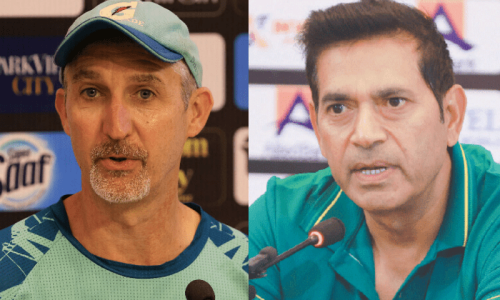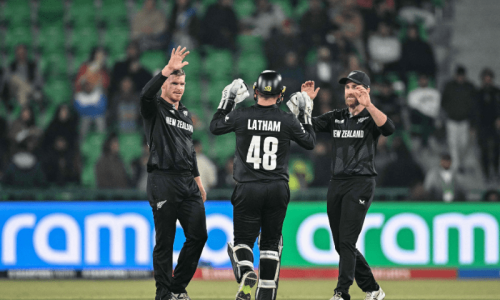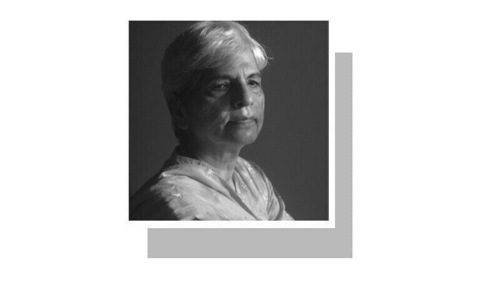RIO DE JANEIRO: Work on all the 2014 World Cup stadiums and infrastructure is progressing well and Brazil has reached “cruise speed”, a top FIFA official said here Thursday after visiting two host cities.
“No stadium is behind schedule. All the projects are proceeding well and we have reached cruise speed,” FIFA secretary general Jerome Valcke told a press conference here.
His comments, made on his fourth visit to Brazil to assess the progress, marked a sharp departure from his comments in March when he suggested World Cup organizers needed a “kick up the backside” to hasten lagging preparations.
He subsequently apologized for his comments, as did FIFA President Sepp Blatter.
Valcke inspected stadiums and infrastructure projects in the northern city of Manaus as well as in Cuiaba in the central-western state of Mato Grosso earlier this week. The two cities are among 12 that will host World Cup matches.
“Things are working better. More is being accomplished. Things are speeding up,” he said with former Brazilian football great Ronaldo, a member of the World Cup Organizing Committee (COL) at his side.
But experts believe the country still has major challenges to overcome, notably with respect to transport and housing.
“We are working in perfect harmony, with the joint objective to show that Brazil has the know-how and competence to stage a great World Cup,” said Jose Maria Marin, president of the Brazilian Football Federation and COL president.
FIFA earlier this year had voiced varying degrees of concern over the extent to which preparations -- renovation or construction of stadiums, as well as infrastructure projects -- are on track for the first World Cup in Brazil since 1950.
Luis Fernandes, executive secretary of the sports ministry, stressed that Brazil, COL and football world governing body FIFA were now conducting joint inspections and were speaking “with one voice” on progress in the projects.
Cuiaba's Arena Pantanal is expected to be completed by year's end, with less than half of the work done now.
“It's amazing, the number of projects which will transform the city after the World Cup. That's what the World Cup is about, organize an event and change the face of a city. Cuiaba will impress the world in 2014,” Valcke said Wednesday.
The Manaus stadium, which is 42 percent built, is to be completed next June. But the northern cities of Salvador and Recife have yet to prove that they can host the Confederations Cup -- a kind of dress rehearsal for the World Cup -- next June.
“A decision will be made in the first week of November,” said Valcke, who is due to return to Brazil October 18 to inspect the Belo Horizonte arena as well as Rio's iconic Maracana stadium where the World Cup final will be played in July 2014.
“The World Cup is not only an event that will turn the world spotlight on Brazil. It is also an opportunity to create sustainable development in our country,” said Fernandes, referring to urban transit, ports and airports.
Meanwhile the country unveiled its World Cup security plan, outlining strategic areas to be protected and main threats such as terrorist acts and hooliganism.
“The 2014 World Cup requires one of the biggest security operations at the international level,” stated the plan published Thursday in the Official Gazette.
Main threats were listed as organized crime, civil disturbances, domestic and foreign soccer hooligans, sexual exploitation and abuse of minors.
Other potential threats include border crimes such as drug trafficking, natural disasters and terrorism.
















































